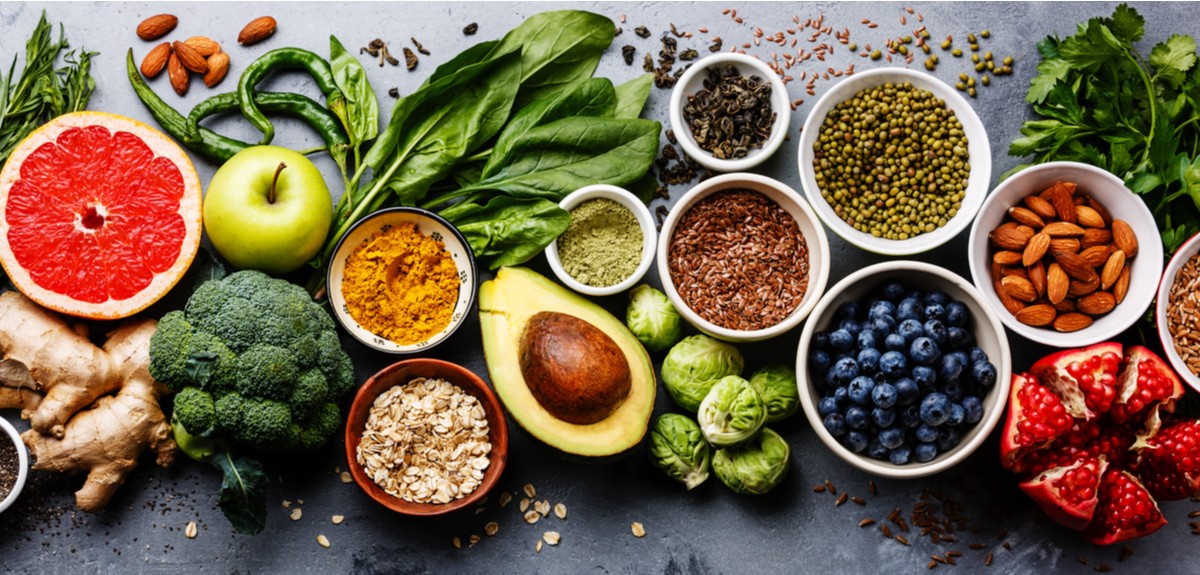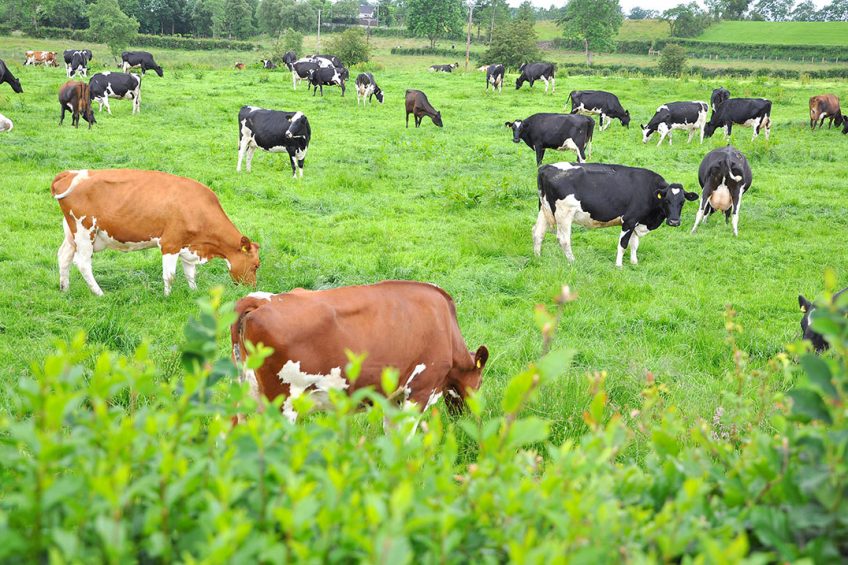- Joined
- 9 Jun 2005
- Posts
- 4,698
- Location
- Wiltshire
Maybe eat some animal products and your brain will function correctly to understand the point the person is making.
I am still waiting for people like you to come back with how a person who eats only animal foods causes more harm when a whole family can get away with consuming 1-2 animals per year yet every day the food consumed by a vegan has gone through a process which has killed millions of insects etc. 2 animals vs millions very simple math and is FACTS.
This is the problem with you vegans you are so closed minded.
Do you even grow any of your own food I expect not and I was expect you don't go a buy it from a local farm.
If you want to be a vegtard that is your choice I have no issues with this but don't go spreading lies, pushing your agenda as if its how our species should live plus claims it is better for animals also the climate which all are BS.
Well done on one of the most uniformed posts yet, I wont even waste time typing anymore....
1. Difference between intentional and unintentional harm:
Vegans don't demand products that inherently involve violence (i.e. there are ways to source vegan foods without violence and exploitation, while non-vegans foods absolutely must involve violence and exploitation in some way).
2. Veganism minimises crop deaths:
While vegans absolutely should acknowledge that their lifestyles do cause harm, the solution to the practical solution to the problem of animals dying in crop harvesting is not to consume a diet that requires around 10 times more crops (due to the crops used to raised livestock) and maximises land usage, and then on top of that support the largest act of systematic oppression and violence in the history of this planet (2 billion animals murdered every single week via the meat, dairy, egg, leather, wool, and fish industries). There are also a lot of myths that go around that suggest vegans are actually responsible for more animal deaths than meat eaters.

Plant-based foods are good for both health and the environment | University of Oxford
New analysis by researchers from the University of Oxford and the University of Minnesota has identified a range of ‘win-win’ foods that both improve human health and have a low impact on the environment.







